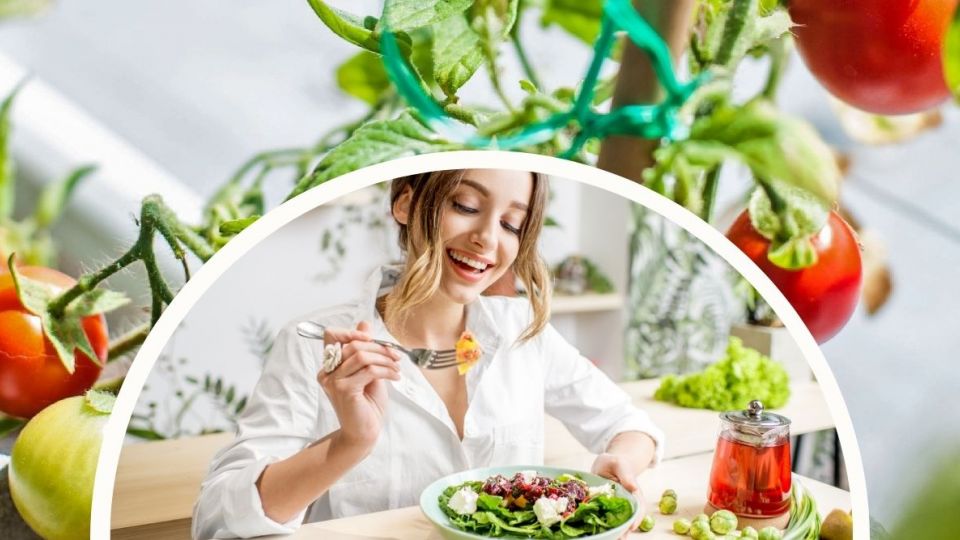The Dirty Dozen: When You Should Buy Organic Produce
It’s that time of year again! The Environmental Working Group (EWG) has released their annual dirty dozen and clean fifteen food lists.
Many of us turn to whole foods like fruits and vegetables to be healthy, but it’s also important to be aware of the amount of chemicals used to produce them. By educating ourselves about what we’re putting in our bodies we’re able to make better-informed choices. These lists outline the most and least pesticide-laden produce items, respectively. If you’re trying to eat organic foods on a budget, this information is essential!
In this blog post, we will reveal the 2022 Dirty Dozen and Clean Fifteen food lists, and provide tips for how to buy organic foods without breaking the bank. But first – what is the EWG?
The Environmental Working Group (EWG)
Founded in 1993, the EWG is a non-profit, environmental advocacy organization with a mission to “empower you with breakthrough research to make informed choices and live a healthy life in a healthy environment.” They educate the public and advocate to keep toxic chemicals out of the products we use, the foods we consume, and the environment we live in. Check out this video that explains how some very harmful pesticides can be found in some of our healthiest food options and how they can affect our bodies.
EWG releases regular studies and analyses of the water, food and products we consume everyday, and we would highly recommend spreading the word of their great work to your residents and friends. One of their greatest resources is their annual Dirty Dozen and Clean Fifteen food lists. Drumroll please…..
“Strawberry was named No. 1 with 22 different pesticides found on a single berry.”
The 2022 Dirty Dozen:
The Dirty Dozen is a list of the twelve most pesticide-laden fruits and vegetables, as determined by the EWG. Strawberry was named No. 1 with 22 different pesticides found on a single berry.
- Strawberries
- Spinach
- Kale, Collard Greens, & Mustard Greens
- Nectarines
- Apples
- Grapes
- Bell & Hot Peppers
- Cherries
- Peaches
- Pears
- Celery
- Tomatoes
The 2022 Clean Fifteen:
The following is a list of produce in order of the items that were found to contain the least pesticides. These foods are a great choice if you’re looking to save money on organic produce, or if you can’t find everything on the Dirty Dozen list organic.
- Avocados
- Sweet Corn
- Pineapple
- Onions
- Papaya
- Sweet Peas (frozen)
- Asparagus
- Honey Dew Melon
- Kiwi
- Cabbage
- Mushrooms
- Cantelope
- Mangoes
- Watermelon
- Sweet potatoes
Why Pesticides can be harmful for our health
Pesticides are chemicals that are used to kill pests, such as insects, rodents, and fungi. While pesticides can be helpful in controlling pests, they can also be harmful to human health. Some pesticides can cause cancer, while others may damage the nervous system or reproductive system. Pesticides can also be harmful to the environment, including animals and plants.
What can you do to reduce your exposure to pesticides?
- Buy organic foods whenever possible, especially for the items on the Dirty Dozen list
- Seek out and try more recipes that use produce from the Clean Fifteen list
- Avoid using insecticides and herbicides in your home and garden
- Support policies that restrict the use of harmful pesticides.
- Grow your own food!
You can also support farmers who are using regenerative practices by buying from them directly or through a Community Supported Agriculture (CSA) program. Sustainable farmers often use integrated pest management systems that minimize the need for harmful pesticides. When choosing produce at the grocery store, look for items that are certified organic or grown using sustainable practices.
By informing your tenants and renters about the Dirty Dozen and Clean Fifteen lists, you can help them to make better choices about the food they eat, keeping them healthier and your community happier overall.
For more great resources about the water, food and products we use every day visit the Environmental Working Group‘s website and we encourage you to support their Shopper’s Guide to Pesticides in Produce™.


